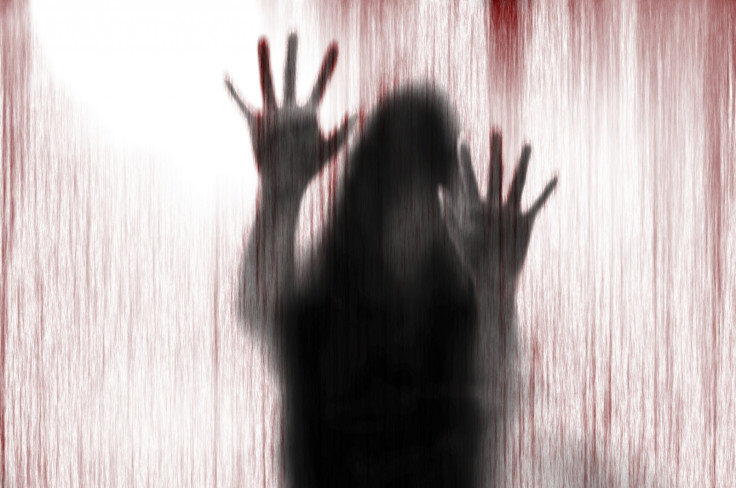Sex and violence in the media gives us nightmares
Dreams of violence and sex were associated to consuming violent media during the day.

Consuming violent media during the day leaves you more at risk of having violent dreams, researchers have found out. The same connection was found, albeit to a lower degree, for sexual media and sexual dreams.
Why we dream and how dreams are formed is a question that has fascinated and puzzled scientists for years. Many theories have emerged to explain dreams and there is now a consensus that they are more common and more vivid during REM sleep – the cycles of sleeping characterised by rapid eye movements.
Likewise, many books and studies have documented the fact that our dreams borrow from real-life events that have happened to us. In this new research published in the journal Dreaming, scientists investigated the link between the media we consume in the day and our dreams in the night that follow.
The type of media people consume affects them during their waking hours, and they wanted to find out if it also affected their dreams during sleeping hours.
Dreaming about violence and sex
The Ohio State University led study focused on the case of 1,287 people aged 10-60 who were asked to complete a survey about the sort of media they looked at and about their dreams. The term "media" covered TV, internet, DVDs, movies, video games and music. The scientists measured the frequency of people's media consumption and the violent and sexual content of the media they consumed, on a regular basis and on the day before the survey.
More than 80% of participants said they were exposed to violent media content at least sometimes, while about half said they were exposed to sexual media content at least sometimes. Furthermore, 45% said they regularly consumed violent media within 90 minutes of going to bed, and roughly a quarter admitted to looking at sexual media before bedtime. 80% of those surveyed said they had violent dreams sometimes, whereas slightly less than half said they had sexual dreams sometimes.

Looking at all this data, the scientists discovered that participants who consumed violent media tended to have more violent dreams, and participants who consumed sexual media tended to have more sexual dreams, although the association for sexual content appeared less robust.
"Whether we looked at overall media use or media intake for just one day, the result was the same: The media we consume is linked to what we dream about," co-author Jan Van den Bulck, from the University of Michigan, said.
The most plausible explanation is that media influences our dreams, although the scientists don't discard the hypothesis that people who have more violent or more sexual dreams might also be more likely to seek out such content during daytime. More research will be needed on the topic to really understand how exposure violence and sex is reflected in our subconscious and our dreams.
© Copyright IBTimes 2025. All rights reserved.






















